When You Finally Have Money, These Are the 15 Things You Stop Wasting It On
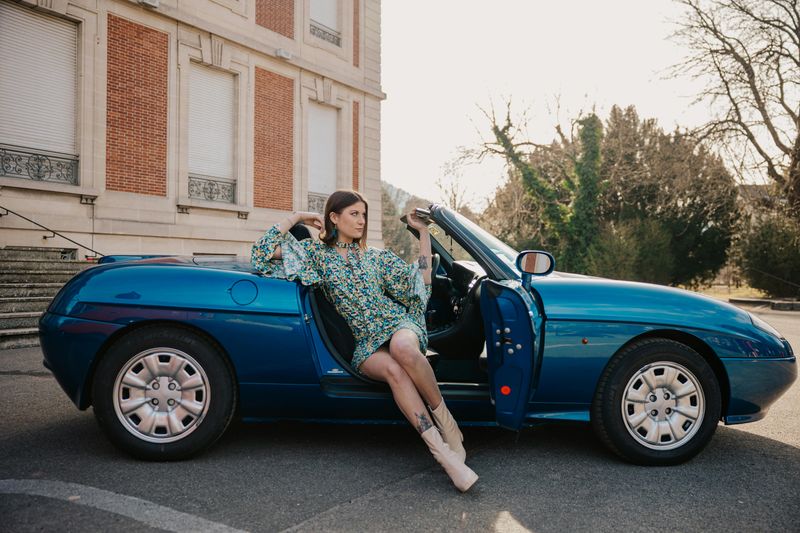
It’s funny how money changes the way we see money. When you finally reach a point where you don’t have to stress about every dollar, you start noticing how many things you used to buy out of habit, insecurity, or plain old marketing hype. Suddenly, “treating yourself” doesn’t mean filling your cart—it means knowing when to leave things on the shelf.
1. Cheap “bargain” items that fall apart fast
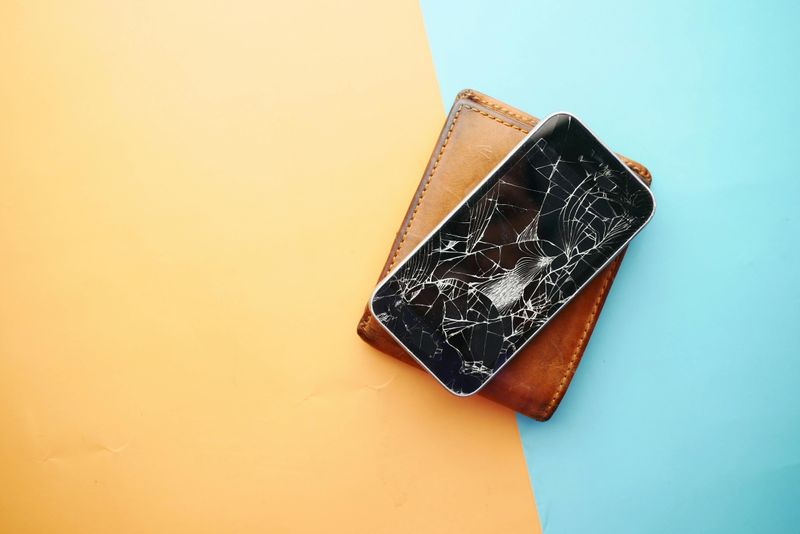
There’s nothing like the disappointment of watching a “great deal” fall apart in your hands. You think you’re saving money—until that $20 toaster breaks in two weeks and you’re back at the store buying another.
People who’ve made enough money to know better realize that cheap isn’t the same as affordable. They’ve learned to do the math: buying quality once is cheaper than buying junk repeatedly. It’s not about snobbery; it’s about sanity.
Quality items tend to last, perform better, and feel better to own. A well-made pair of shoes or a solid piece of cookware saves you time, frustration, and cash in the long run. That’s not overspending—it’s smart investing.
2. Fast fashion
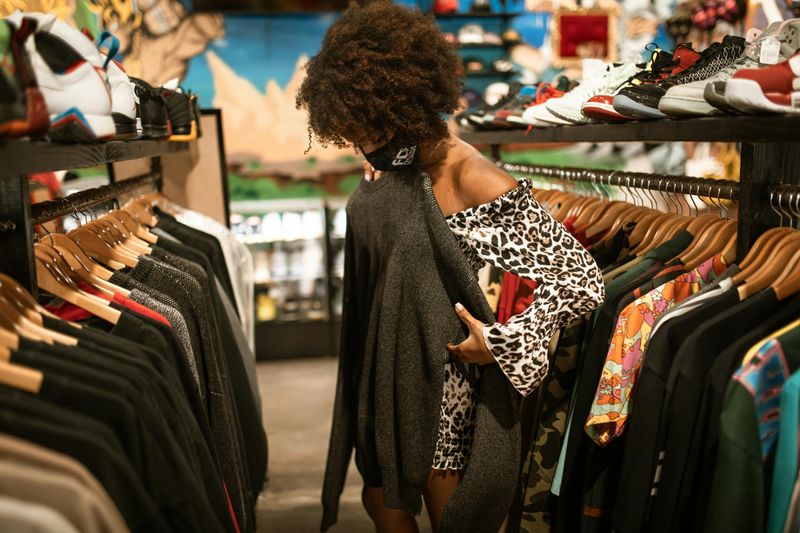
At some point, stuffing your closet with cheap trends starts feeling wasteful instead of fun. You realize that chasing what’s “in” only guarantees you’ll be “out” next season.
When money isn’t tight, you can afford to slow down. You start appreciating the craftsmanship of timeless, well-fitting pieces instead of disposable outfits that fall apart after two washes. The joy shifts from quantity to quality.
And honestly, confidence looks better than any trend. Once you know who you are, your wardrobe reflects it—no influencer discount code required.
3. Overpriced designer labels
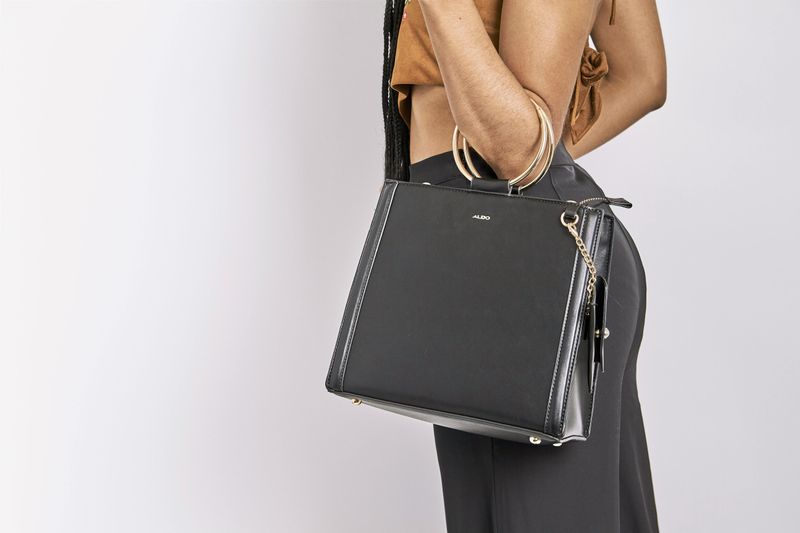
You can spot a logo addict from a mile away—and you probably used to be one. When you finally have money, you stop needing to shout it through your clothes.
Luxury brands thrive on selling status, but real financial confidence whispers. Those who’ve made it understand that paying triple for a logo doesn’t make you look wealthier—it just makes you look like you’re trying.
It’s not about giving up nice things; it’s about redefining what “nice” means. Style becomes personal, not performative, and authenticity beats flash every time.
4. Subscription boxes they never use

There’s a point where “self-care” turns into a subscription you forgot to cancel. That makeup box, snack box, or mystery box seemed exciting—until you realized most of it ends up in a drawer.
People with financial wisdom start questioning recurring costs that add nothing to their lives. Subscriptions are sneaky; they feel small but add up fast. Canceling them isn’t deprivation—it’s decluttering.
Once you’ve experienced the peace of a clean inbox and a clean budget, you realize the best kind of surprise box is the one you don’t have to pay for.
5. Extended warranties
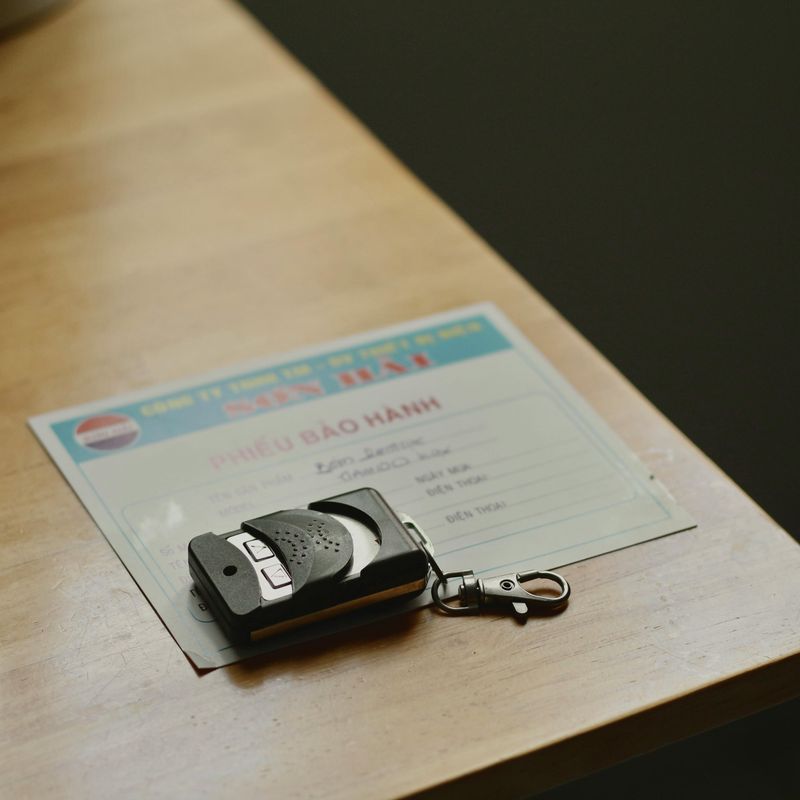
Extended warranties sound comforting—until you realize they’re mostly profit for the seller. Most items either break early or last long past the warranty period, making the purchase pointless.
Financially confident people skip the fear-based upsell. Instead of paying for “what-ifs,” they focus on taking care of what they already own and buying brands that stand behind their products.
It’s not that they’re reckless; they’re just informed. Real security doesn’t come from a warranty—it comes from knowing you’ve made a smart purchase.
6. Status symbol cars

There was a time when a shiny new car felt like success. Now, it just looks like a high-interest loan and a stress headache on wheels.
Once people earn real money, they start valuing comfort, reliability, and freedom over status. The goal shifts from “look rich” to “stay rich.” They’d rather have a paid-off car than a payment plan for bragging rights.
A truly wealthy mindset knows the car doesn’t make the driver—the choices do. And there’s nothing more luxurious than not caring what anyone thinks you drive.
7. Trendy gadgets

There’s always a new gadget promising to change your life—until next year’s model makes it obsolete. The cycle never ends unless you step off.
People who’ve grown financially smarter learn to pause before buying the latest “must-have.” They know tech should make life easier, not emptier (or more expensive). Sometimes, last year’s version works just fine.
It’s not about rejecting innovation—it’s about recognizing hype. Because once you’ve bought one too many “smart” devices that never actually worked, you get wise fast.
8. Bottled water

Paying for something that literally flows from your faucet stops making sense once you do the math. A few cases a week add up to hundreds a year—for convenience wrapped in plastic.
People with money and mindfulness swap disposable bottles for a quality filter and a reusable container. It’s cheaper, eco-friendly, and tastes just as good.
You realize that luxury isn’t in the brand of water—it’s in knowing you’re not wasting your cash (or the planet’s resources) for the illusion of purity.
9. Pre-cut fruits and veggies
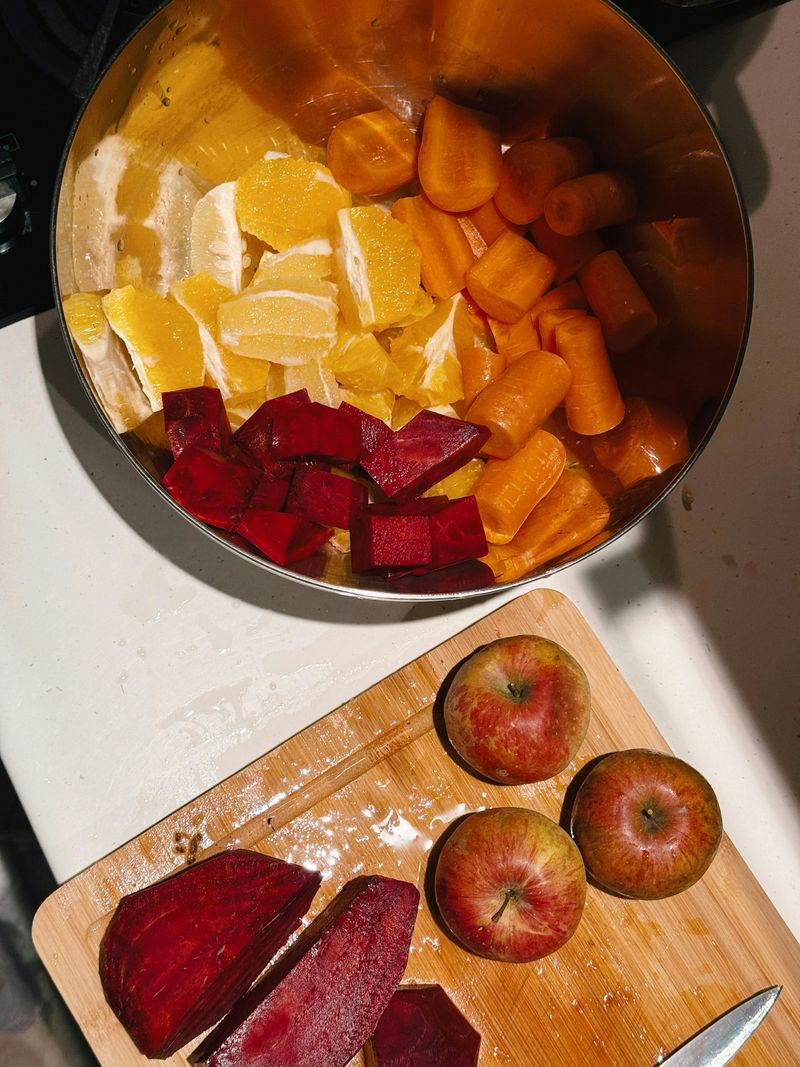
Once you see the price difference between a whole pineapple and the pre-cut container, it’s hard to go back. Convenience comes at a steep markup.
Financially mature shoppers know that a few extra minutes in the kitchen can save hundreds over time. It’s not about becoming a chef—it’s about not paying triple for someone else to do the bare minimum.
When money stops being scarce, time becomes your new wealth—and sometimes, using it wisely means grabbing a knife instead of a plastic tub
10. Overpriced bar drinks

A $20 cocktail used to feel fancy—until you learned you were paying for dim lighting and a sugar rush. Once you’ve had your fill of “going out,” you realize the markup is the real buzzkill.
Those with financial stability know a cozy night in (and a well-stocked bar cart) can be just as satisfying. You can still enjoy a good drink—just without the price tag that screams regret the next morning.
It’s not about giving up fun; it’s about redefining it. The best company doesn’t need a cover charge.
11. “Instagrammable” restaurants
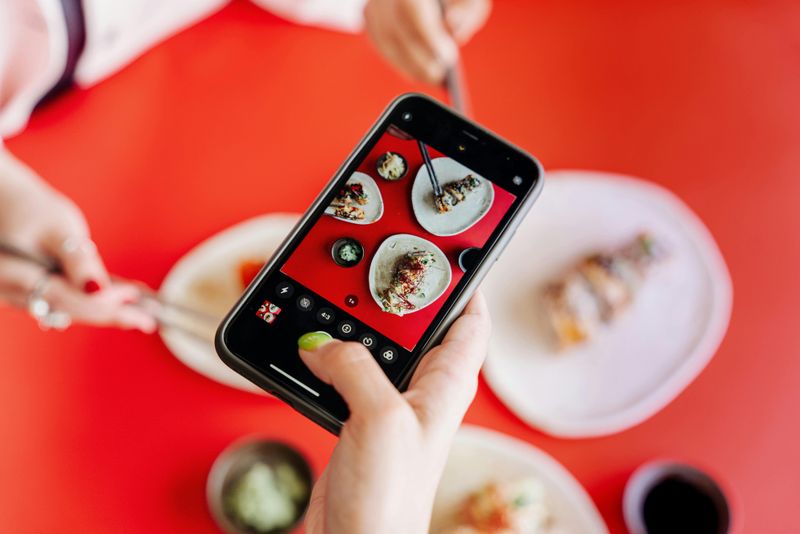
We’ve all been there—ordering the photogenic dish that tastes like cardboard. The lighting’s perfect, the experience? Not so much.
Once you’ve grown past the need to impress strangers online, you start choosing meals for flavor, not followers. A hole-in-the-wall with great food beats a “vibe” restaurant any day.
Food becomes about connection and quality again. Because at the end of the night, likes don’t fill you up—but good food and good company do.
12. Cheap furniture

Buying cheap furniture feels like winning—until it wobbles after a month and costs more to replace. You learn quickly that “affordable” can mean disposable.
People with financial sense shift to investing in pieces that last years, not seasons. Real wood over particleboard, comfort over trends. It’s not just furniture—it’s part of your peace of mind.
When your home finally feels stable, you stop settling for things that don’t. You’re building a space, not a showroom.
13. Lottery tickets
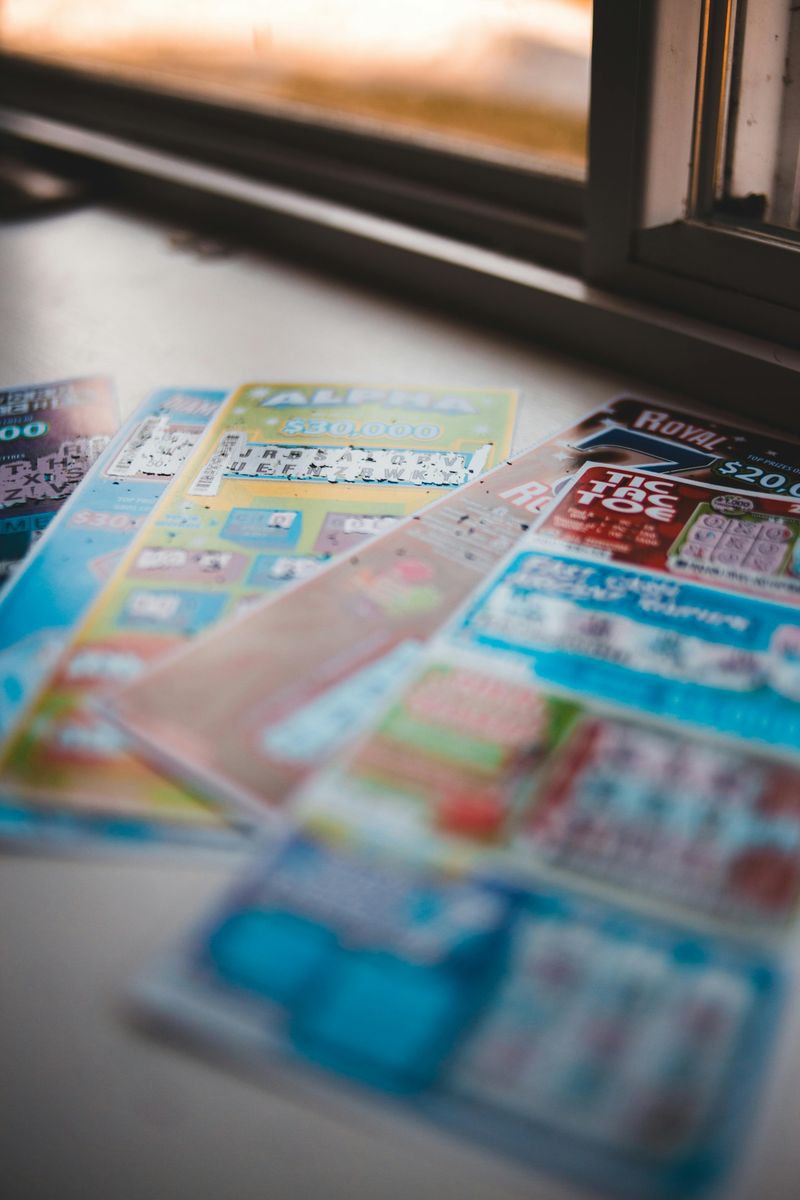
When you’re broke, the lottery feels like hope. When you’re stable, it looks like a bad bet with worse odds.
Financially mature people understand that luck is unpredictable—but effort and planning aren’t. They’d rather put that same money toward investments that actually grow.
The mindset shift is huge: wealth stops being a dream and becomes a process. And no jackpot can beat the quiet satisfaction of creating your own success.
14. Fad beauty products

Every month promises a “miracle” cream, and every month delivers disappointment. Eventually, you realize your skin doesn’t need more products—it needs fewer, better ones.
People who’ve learned the ropes stop buying into every new “holy grail” launch. They start paying attention to ingredients, consistency, and results, not hype.
Confidence begins to replace consumption. Because when you feel good in your skin, no marketing slogan can sell you something you already have.
15. Anything just to impress other people

The biggest money shift comes when you realize no one’s keeping score. You stop buying things to look successful and start choosing things that make you feel fulfilled.
Once you reach that stage, purchases become personal, not performative. You no longer care about outshining anyone—you just want comfort, peace, and authenticity.
That’s the real luxury: the freedom to live on your terms, not anyone else’s expectations. Turns out, “having enough” is about mindset, not money.

Comments
Loading…